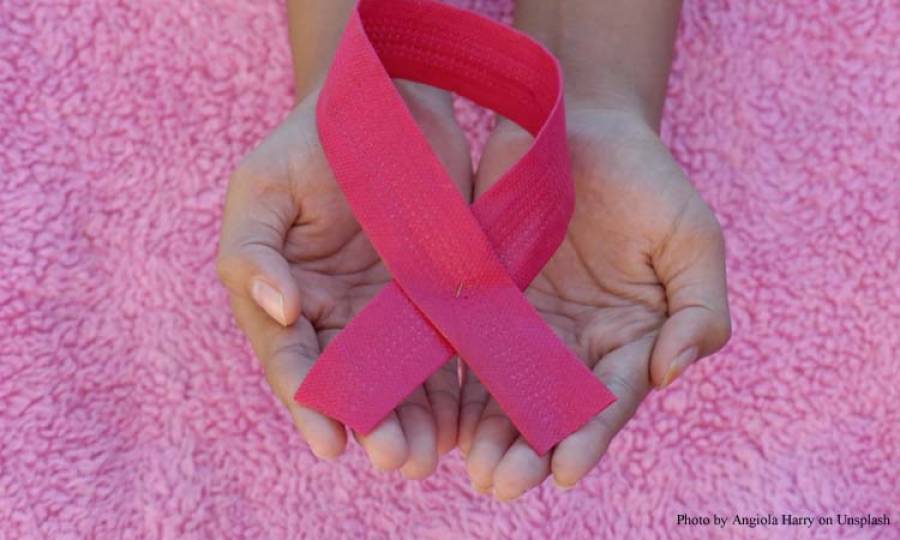Sun exposure can reduce the chances of breast cancer: Research

BUFFALO: In San Juan, Puerto Rico, the sun is usually often shining during the day; therefore, the outcomes of a new study on breast cancer and sun exposure seem to be particularly notable.
Researchers from the University at Buffalo and the University of Puerto Rico found a link between heightened sun exposure and a lower risk of breast cancer in a recent study.
Researchers used a chromameter to compare skin pigmentation in unexposed and exposed skin in three-hundred-and-seven cases and three-hundred-and-twenty-eight controls. The difference in skin pigmentation provided an approximate value of usual sun exposure.
In 307 cases and 328 controls, researchers utilised a chromameter to compare skin pigmentation in unexposed and exposed skin. The difference in skin pigmentation was used to calculate the average amount of sun exposure.
According to research's senior author Jo L. Freudenheim, a SUNY Distinguished Professor, Department of Epidemiology and Environmental Health, UB's School of Public Health and Health Professions, "This study was exceptional in that it was of Puerto Rican women, which supposed to allow us to look at this association in a population with a wide range of skin colour and with year-round high sun exposure."
While it was inconsistent, there was some evidence that sun exposure was linked to a lower risk of breast cancer.
According to Freudenheim, this discovery could be due to various confounding variables.
"One step in the internal production of vitamin D ensues when skin is exposed to sun," she expressed. "Sun exposure also affects the body in several other valuable paths, with effects on inflammation, obesity and circadian rhythms. While current hints have been to confine sun exposure to avert skin cancer, there may also be a benefit to some sun exposure, especially exposure without sunburn."
Previous researches on sun exposure and breast cancer were conducted in locations where ultraviolet radiation varies seasonally, with little to no exposure periods. Nevertheless, there seems to be no substantial seasonal variation in Puerto Rico, which means that those who spend time outside may be exposed to high levels of UV radiation all year.
Read More: Sinovac's booster enhances protection against COVID-19
"The study delivered uniform results across different parameters," said Cruz Nazario, first author of the paper, PhD, and epidemiology professor at the University of Puerto Rico. "Breast cancer risk was lower for females with the most heightened accumulated sun exposure. Likewise, the risk was lower independent of estrogen receptor status, and it was even more downward among participants with darker skin colour."
The study was conducted as part of a long-standing collaboration UB has had with the University of Puerto Rico.
The research 'Sun Exposure Is Associated with Reduced Breast Cancer Risk among Women Living in the Caribbean: The Atabey Study in Puerto Rico' has been published in Cancer Epidemiology, Biomarkers & Prevention.
Advertisement
Trending
Popular
Aging: New study identifies key lifestyle, environmental factors ...
-
Hair loss: Discovery uncovers key stem ...
08:00 PM, 25 Feb, 2025 -
Broccoli sprout compound may help lower ...
11:31 AM, 25 Feb, 2025 -
Gas Pain vs. Heart Attack: How to tell ...
09:00 PM, 22 Feb, 2025 -
Coconut oil supplement shows promise ...
08:00 PM, 20 Feb, 2025



